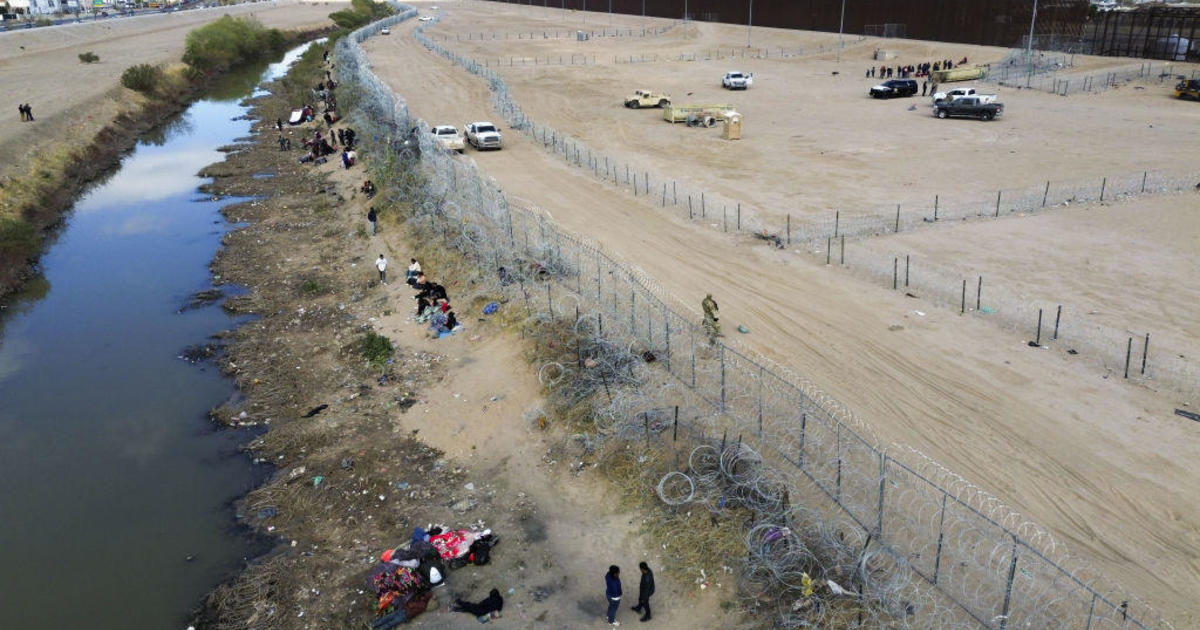Late Tuesday night, the 5th Circuit Court of Appeals blocked Texas from enforcing its controversial immigration law, SB4, which criminalizes unauthorized migration at the state level. The court reinstated a ruling that found SB4 to be unconstitutional, concluding that it conflicted with federal immigration laws and the Constitution. The Supreme Court previously denied a request from the Justice Department to void the initial 5th Circuit order that had paused the ruling, allowing SB4 to briefly take effect. The fate of SB4 now rests with the 5th Circuit as it considers Texas’ request to enforce the law while its legality is debated.
SB4, passed by the Texas legislature last year, criminalizes unauthorized migration within the state, creating new criminal charges for migrants entering the U.S. outside of a port of entry and for illegal reentry. It grants law enforcement officials at the state and local level the authority to detain and prosecute migrants for these offenses, as well as the power to require migrants to return to Mexico as an alternative to prosecution. The Justice Department has argued that SB4 violates federal law and the Constitution, asserting that immigration enforcement is traditionally a federal responsibility. The Mexican government has also criticized SB4 as “anti-immigrant” and has vowed to reject migrants returned by Texas.
Texas Governor Greg Abbott has been a vocal proponent of SB4, framing it as a necessary step to deter illegal immigration across the Rio Grande. He has criticized the federal government for not doing enough to address this issue and has taken various measures to challenge federal immigration policies. Texas has transported large numbers of migrants to Democratic-led cities, fortified border areas with razor wire and buoys, and filed numerous lawsuits against federal immigration programs. Abbott’s support for SB4 reflects the state’s aggressive stance against unauthorized migration and its efforts to assert state control in the realm of immigration policy.
The legal battle over SB4 highlights the ongoing tension between state and federal authorities regarding immigration enforcement. Texas’ attempt to criminalize unauthorized migration at the state level has raised concerns about the constitutionality of the law and its potential impact on federal immigration policies. The 5th Circuit’s decision to block the enforcement of SB4 underscores the complexities of immigration law and the need for a comprehensive approach to addressing migration issues. The fate of SB4 will be determined by the courts as they weigh the legality of the law and its implications for immigration policy in Texas and beyond.









